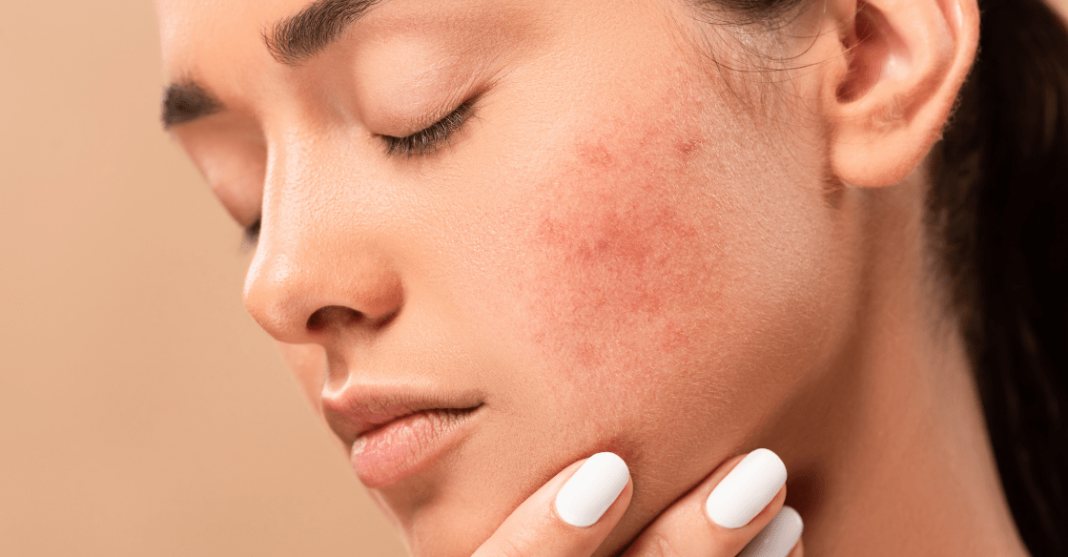Understanding skin cancer involves separating common misconceptions from facts. Misinformation can lead to inadequate sun protection and a delayed response to potential warning signs. Gaining a better understanding on this topic is a step toward proactive skin health and making informed decisions about sun exposure and self-monitoring. Here you can explore common myths and provide facts for a clearer perspective.
Myth: Only Fair Skin Risks
A frequent misconception is that only individuals with fair skin, light hair, and blue or green eyes are at risk for developing skin cancer. While it is true that people with less melanin have reduced natural protection from ultraviolet (UV) radiation, making them more susceptible, it can affect anyone, regardless of their skin tone. Individuals with darker skin can and do develop skin cancer, and it is often diagnosed at a more advanced stage, which can complicate outcomes. Protective measures are therefore beneficial for every skin type.
Fact: Sunscreen Works Best
When used correctly, sunscreen is a powerful tool for reducing the risk of skin cancer. It protects the skin by blocking or absorbing harmful UV radiation before it can cause damage to skin cells. To maximize its effectiveness, experts recommend using a broad-spectrum sunscreen with an SPF of 30 or higher and applying it generously to all exposed areas of skin.
Reapplication is needed to maintaining protection. Sunscreen should be reapplied every two hours when outdoors for long periods, and immediately after swimming, sweating, or toweling off. Following these steps provides consistent coverage and helps shield your skin from harmful UV rays.
Myth: Clouds Block UV
Many people believe that an overcast or cloudy day provides sufficient protection from the sun’s rays, eliminating the need for sunscreen. Up to 80 percent of the sun’s UV radiation can penetrate through clouds and fog. This means you can still get a sunburn and sustain skin damage on a cool, gray day. For this reason, sun protection is a beneficial daily habit, not just a practice reserved for bright and sunny weather.
Fact: Early Checks Save
Regularly checking your skin for new or changing spots is beneficial for early detection. By familiarizing yourself with the normal pattern of moles, freckles, and other marks on your body, you can spot potential concerns more quickly. Early detection is necessary, as addressing it in its earliest stages typically leads to better outcomes.
Professional skin examinations are another part of staying proactive about your skin health. Dermatologists can identify suspicious lesions that might be easy to miss during self-checks. Combining regular self-exams with professional evaluations provides the best chance of catching skin cancer early.
Protect Against Skin Cancer
Understanding the facts about skin cancer helps you take steps to protect your health. Following sun safety practices like seeking shade, wearing protective clothing, and using sunscreen regularly defends against UV damage. Adding self-exams and professional consultations completes a strong skin care routine. If you’re concerned about your skin or want a baseline for future checks, book a consultation with a healthcare professional.
- HMS Photovoltaik: A Complete, In-Depth Guide to Modern Solar Power Solutions
- Decreto Supremo 160: A Complete and Updated Guide
- Dentiloquent: A Complete Professional Guide
- Närkes Elektriska: Your Trusted Partner in Electrical Services in Örebro, Sweden
- Litorotica Tags: Guide for Better Search, Safety, and Clarity





